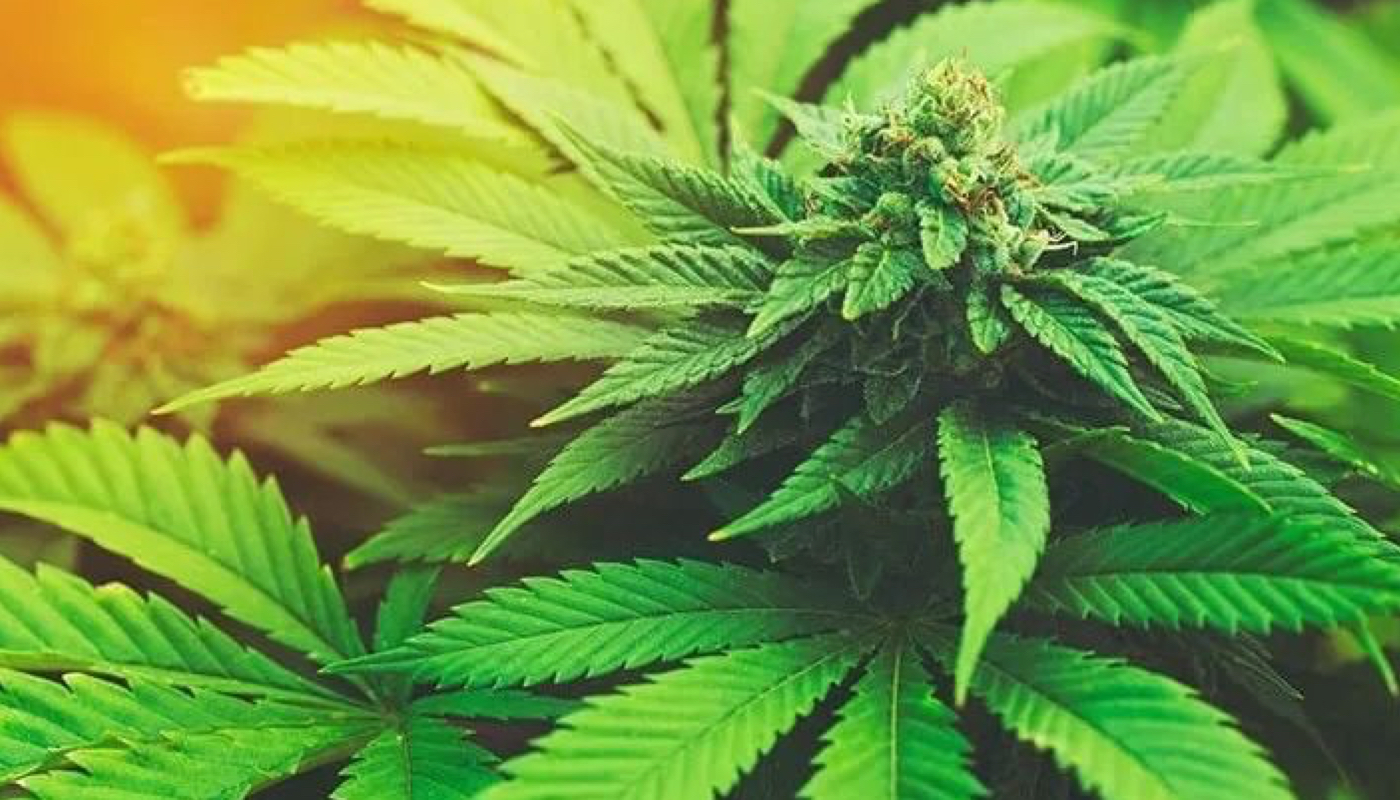
It was August 15th, the day before yesterday, the Mid-Autumn Festival, another year of a thousand miles, and DrHemp sent you a late Mid-Autumn Festival blessing:
I wish all friends and Families success and happiness every year. The road ahead is mighty, and everything can be expected.
Then again, DrHemp has been with you for the sixth year. Together, we witnessed the birth of a new industry and experienced its ups and downs. What do you think of the present and future of cannabis industry?
At the end of May this year, cosmetics containing cannabis ingredients were definitely banned, which shocked the whole industry, and made practitioners feel sorry for themselves. On the other hand, in foreign countries, American states have accelerated the legalization of cannabis, invested heavily in cannabis projects, and the market value of many stocks has reached a new high. During their stay in COVID-19, interstate cannabis operators still made a lot of money, and their investment and mergers and acquisitions were frequent, making them in full swing. Is the moon in foreign countries relatively round? Is the domestic cannabis industry still valuable? Where is the way out? Taking advantage of the bright moonlight and drinking wine with moon cakes, the doctor wanted to have a chat with everyone after the festival.
When we envy the overseas cannabis industry in full swing, don't forget that it is incomparable at home. So, what are the advantages of China compared with foreign countries?

01 Under the supervision of license scarcity, forming a strong industry moat.
According to incomplete statistics, at present, more than 200 domestic enterprises include "industrial hemp" in their business scope. Among them, how many enterprises hold industrial hemp cultivation and extraction licenses issued by the Narcotics Control Bureau? According to the data published by Mr. Cai Zhengda, deputy director of Yunnan Academy of Science and Technology's achievements transformation and incubation service base in Yunnan, at the "2021 International Industrial Hemp Investment and Financing Summit Forum", by the first half of 2020, 158 planting licenses had been issued in Yunnan province, and 101 enterprises in Yunnan have applied for mosaic processing licenses at present, of which 14 have obtained formal processing licenses, and 87 have obtained pre-approval licenses. Among the 14 enterprises that have obtained formal processing licenses, the number of enterprises has achieved mass production.
What about America thousands of miles away? Let's take California, the most representative one, as an example. As of September 15th, 2021, California has 11,642 valid marijuana business licenses. According to DCC (Cannabis Regulatory Authority), 2,929 of them are classified as "annual" licenses. Other 8,713 licenses (about 75% of the total valid licenses) are classified as temporary licenses, and the threshold that enterprises must meet to obtain such licenses is low. Annual licenses need to meet a series of stricter requirements, including compliance with state environmental laws, etc. That is to say, there are tens of thousands of companies engaged in cannabis business in California!
What is the value of the license plate compared to that? Under the strong supervision, the scarcity of domestic hemp licenses is obvious, forming a strong industry moat. However, in the United States, it is obvious that both the capital's low valuation of cannabis license and the vicious competition that enterprises have to face in the process of operation are obvious.

02 The Chinese market is still attractive.
Since the reform and opening up, China's rapid development has promoted the improvement of the living standard of the whole people, and the number of high-consumption people in China has exceeded 200 million. Once the multiple application fields of hemp are released, it will produce huge economic and social benefits. Take biopharmaceuticals as an example, which will be the most important industrial direction of hemp.
First of all, cannabinoid biopharmaceuticals can prevent neurodegeneration. Data show that there are more than 2.7 million Parkinson's disease patients in China, and the number of new patients is more than 100,000 every year. At present, the number of patients with Alzheimer's disease in China ranks first in the world, and it is also one of the fastest growing countries and regions in the world. In 2020, the number of patients with Alzheimer's disease in China will reach 10 million. China CDC predicts that by 2050, there will be more than 40 million Alzheimer's patients in China.
Cannabis biopharmaceuticals can also alleviate anxiety and depression. According to the data published by The Lancet, the number of depressed people in China has reached 90 million, and one in every 11 people is depressed on average. Treatment of epilepsy is the third direction of cannabinoid pharmaceutical industry. There are currently 9 million epileptic patients in China. Finally, it is to relieve pain. In China, there are more than 300 million chronic pain patients, and the annual growth rate is 20 million.
China's huge population base and the country's emphasis on the big health field will make cannabinoid medicine have a great stage in the future. Once again, the doctor stressed that there is no definition of drugs in biopharmaceuticals. Morphine for relieving pain, arsenic trioxide for treating a certain type of leukemia, and Radix Aconiti Kusnezoffii in Yunnan Baiyao toothpaste are all "poisons". At the same time, people's pursuit of health will not be blocked by any external force. To some extent, the "liberalization" of cannabis in China is just around the corner.

03 Supply chain and cost advantage, surrounding supporting industries form an ecology
China's "World Factory" has a long history. Although the manufacturing industry has gradually shifted from China to Southeast Asian countries, the industrial base, technological level and cost advantages accumulated over the years have taken the lead compared with developed countries. The rise of cannabis industry all over the world has driven the development of a series of peripheral supporting industries, such as plant lighting, extraction equipment, consumer electronics and packaging materials. It will take a short time from the generation of an idea to the realization of productization, which means more flexibility, smaller trial and error cost and faster iteration. "Made In China" will play an important role in the cannabis industry.
To sum up, it's all from the bottom of my heart. There is no industry that does not experience some ups and downs, just like the moon, sometimes curved and sometimes round.
Friends in the industry, I wish you the full moon .The doctor will always accompany you and sail vigorously with the industry.
- [knowledge]The Latest Confirmation of Cannabis Medicinal Use (Science|HMI)
- [knowledge]Cannabis Capital Market is on Fire
- [knowledge]The Relationship Between Cannabis and COVID-19
- [knowledge]The Latest Historic Progress of Cannabis Industry in the United States
- [knowledge]The Legal Cannabis Industry is Working Wonders in the American Job Market.
- [knowledge]Six More States in the United States are About to Launch the "Green Gold Rush" of Cannabis in 2022.

